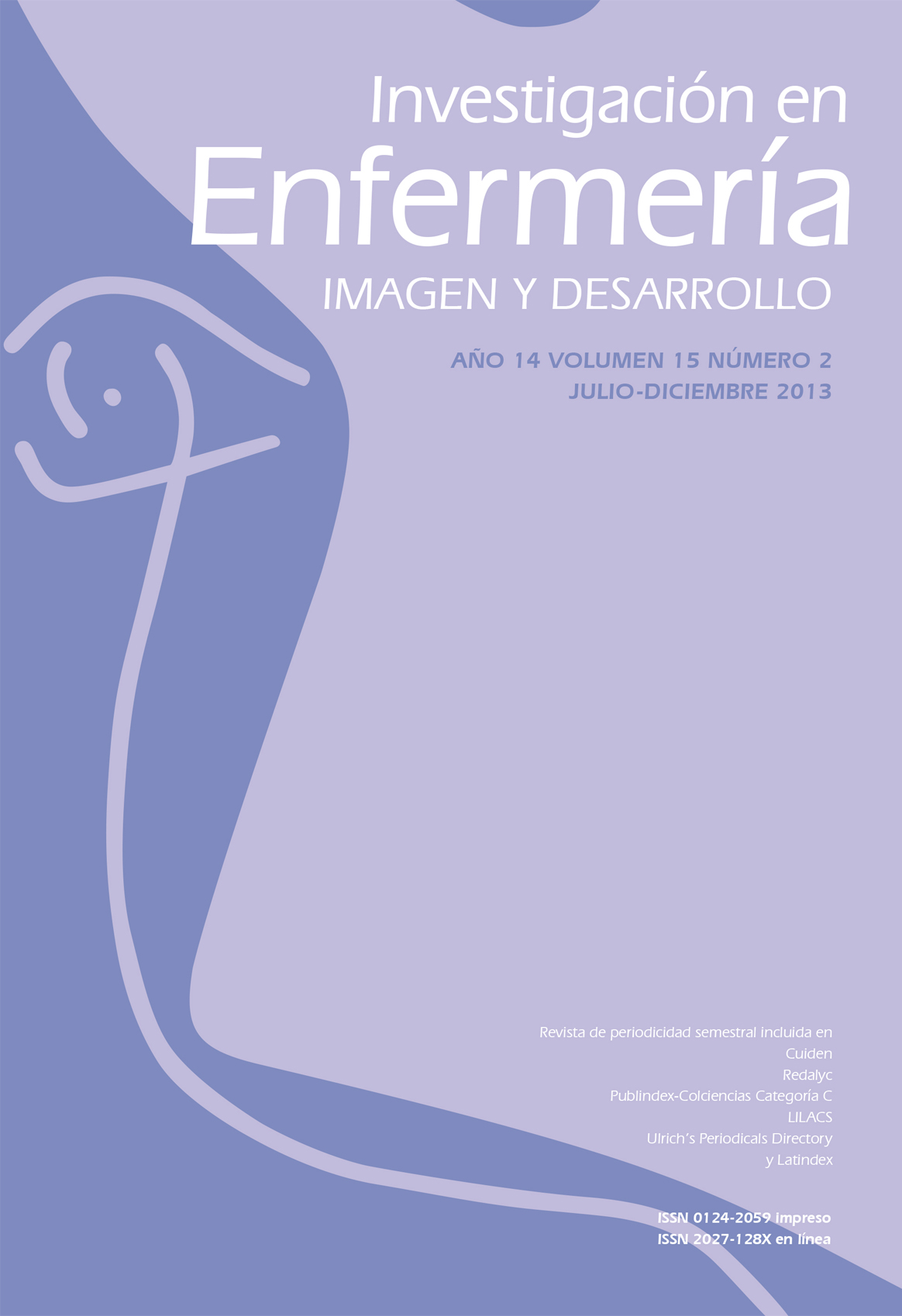Abstract
Introduction: According to the World Health Organization, the world is facing an epidemic of chronic diseases which are not confined to a few that affect elderly, they are a set of problems in all age groups and their variety requires different interventions and, above all, a broader context in regards to the treatment of this phenomenon. Objective: To explore what the literature says about the experiences of people in chronic condition, in order to contribute to the design of instruments, plans, programs and policies. Method: A literature review of books and articles published in various databases; it was conducted using the descriptors: chronic disease, illness, life experiences. The selections were organized into themes that allowed better understanding of the phenomenon. Results: five theme categories emerged: chronicity and daily life, self-image: relevant aspects; the world of work for the person with chronic disease, chronic illness and time, caregivers, family and social support: the role of networks in chronic disease. These categories intertwine in the way people perceive and experience the processes related to chronicity and some nuances beyond the clinical aspects that give some specificity to the life experience in chronic condition. Conclusions: It is necessary to consider chronic disease with a broad perspective that allows us to understand it as a social process issue, which permits diagnosis and comprehensive health care plansThe journal Investigación en Enfermería: Imagen y Desarrollo is registered under a Creative Commons Attribution 4.0 International Public License. Thus, this work may be reproduced, distributed, and publicly shared in digital format, as long as the names of the authors and Pontificia Universidad Javeriana are acknowledged. Others are allowed to quote, adapt, transform, auto-archive, republish, and create based on this material, for any purpose (even commercial ones), provided the authorship is duly acknowledged, a link to the original work is provided, and it is specified if changes have been made. Pontificia Universidad Javeriana does not hold the rights of published works and the authors are solely responsible for the contents of their works; they keep the moral, intellectual, privacy, and publicity rights.
Approving the intervention of the work (review, copy-editing, translation, layout) and the following outreach, are granted through an use license and not through an assignment of rights. This means the journal and Pontificia Universidad Javeriana cannot be held responsible for any ethical malpractice by the authors. As a consequence of the protection granted by the use license, the journal is not required to publish recantations or modify information already published, unless the errata stems from the editorial management process. Publishing contents in this journal does not generate royalties for contributors.


